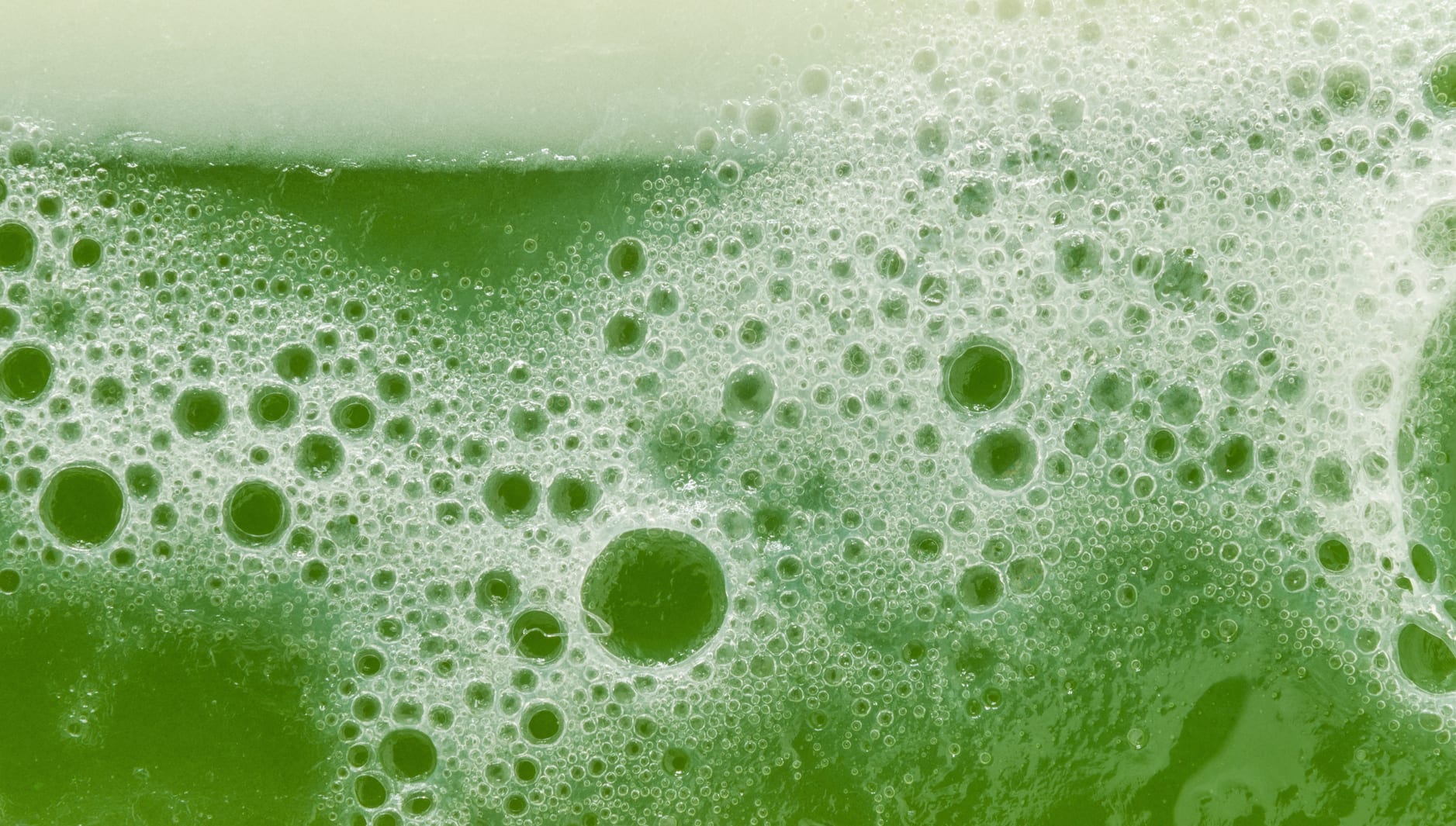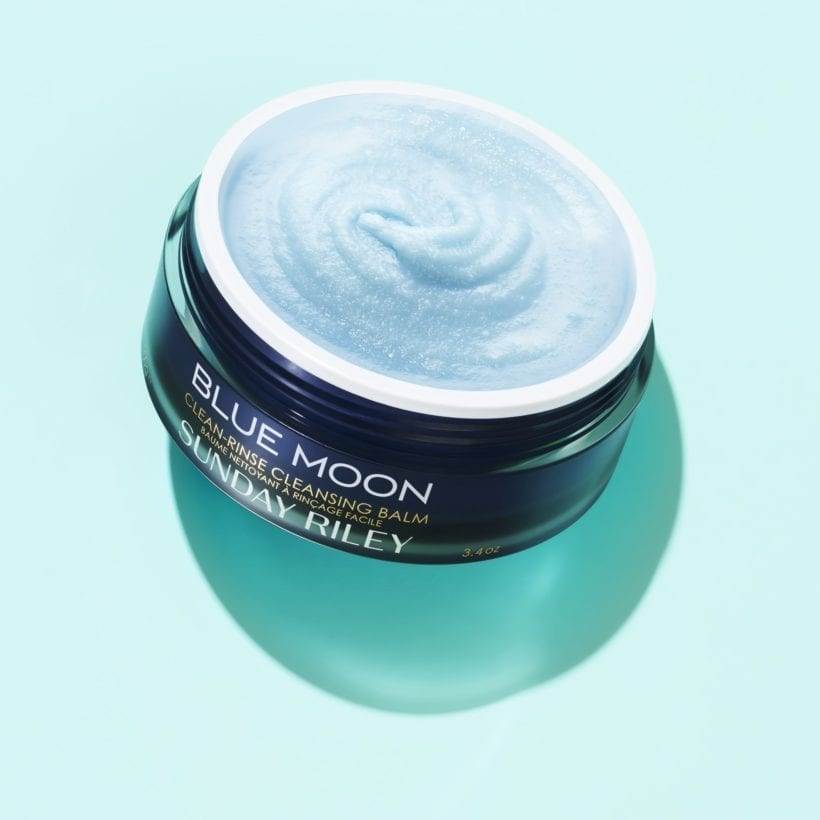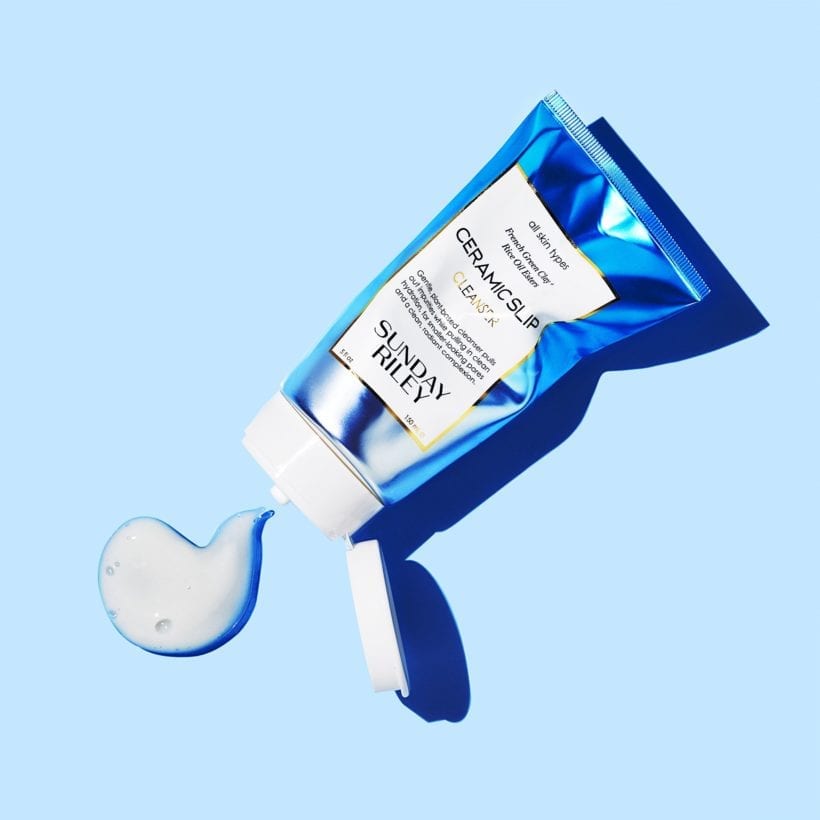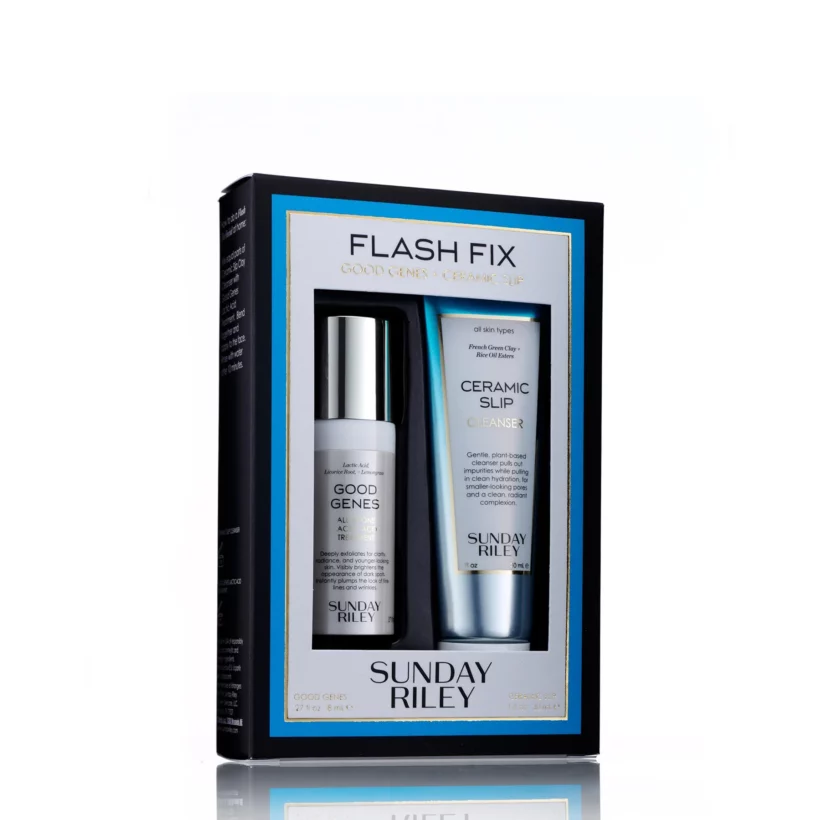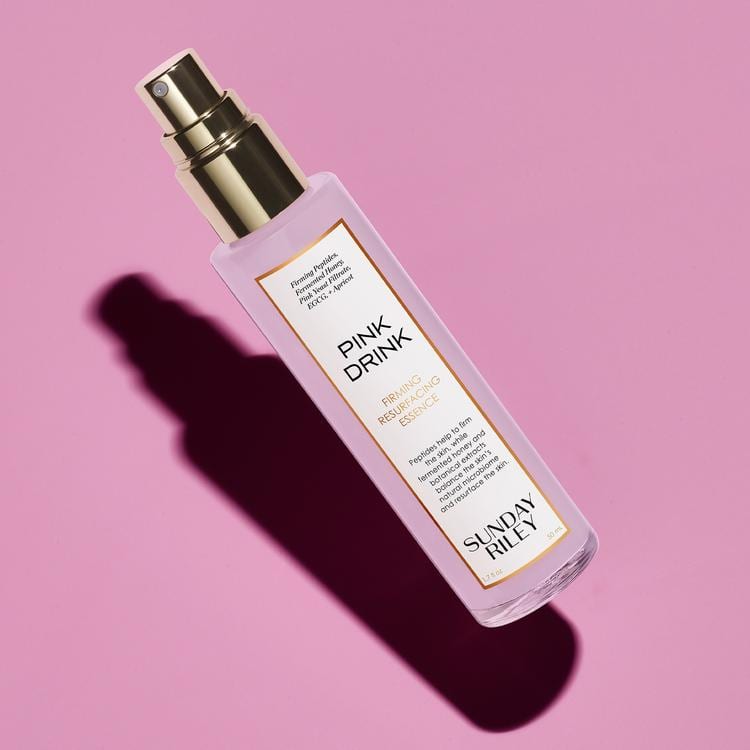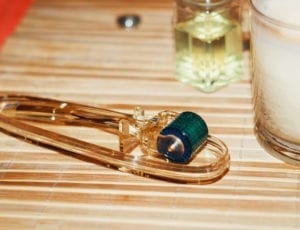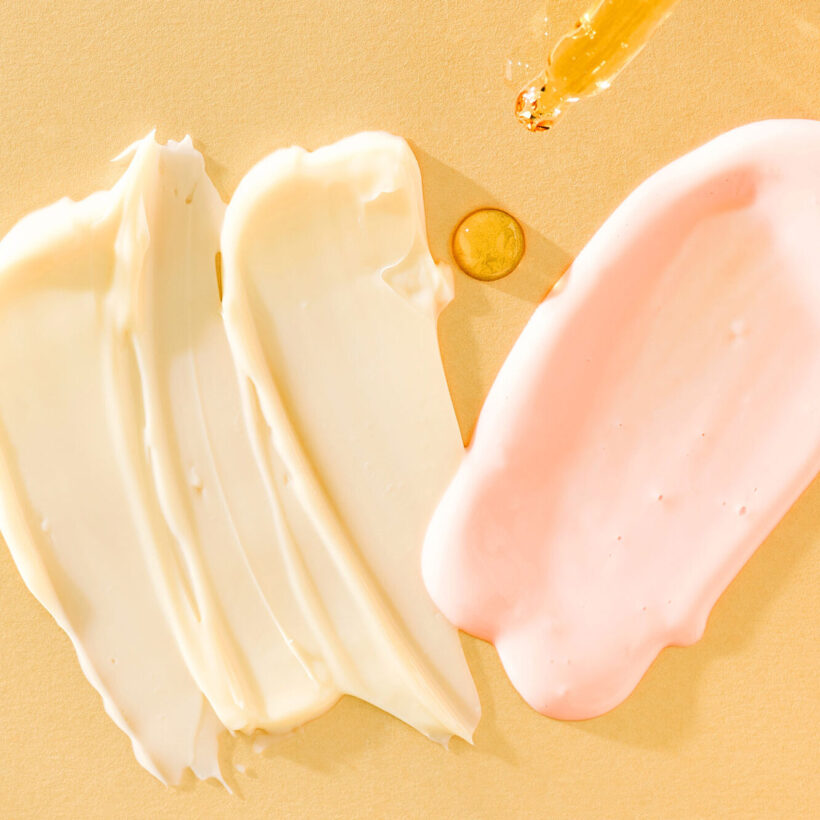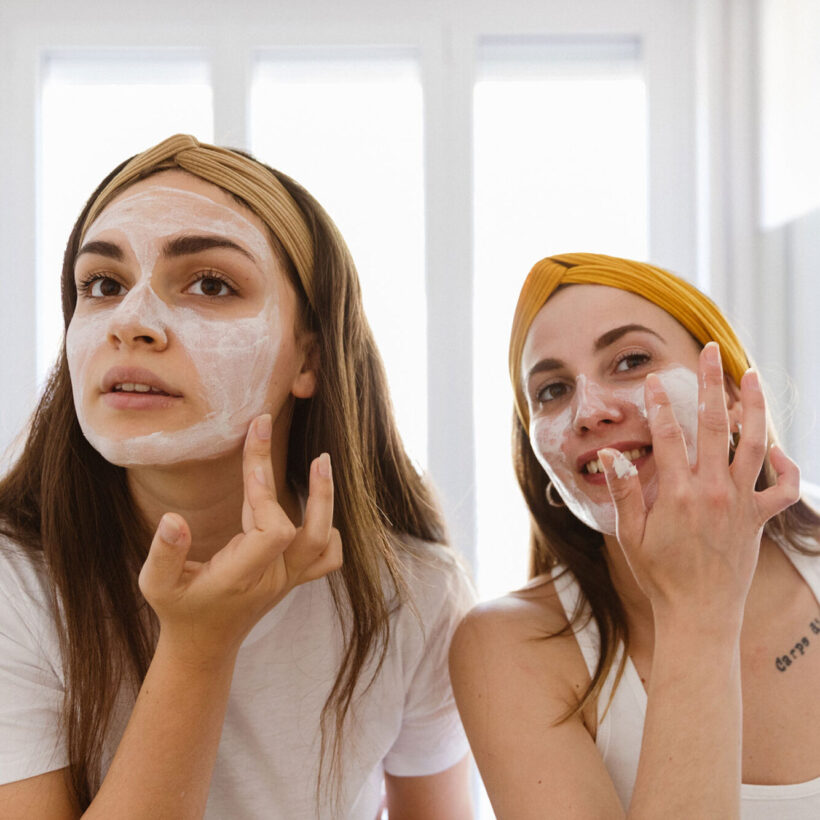Since that very first teenage breakout, you have internalized one of the fundamental truths of good skin: How you clean your skin matters.
Overdo it and you will strip your skin of natural oils, leaving your face dry, sensitive and — counterintuitively — maybe even greasier as your skin starts over-producing oil to compensate. But on the flip side, not cleansing your skin deeply enough can allow acne-causing gunk to build up in your pores. It is a bit of a skincare catch-22.
Striking the perfect no-I-did-not-filter-that-photo balance is not so much a question of how often to wash your face but what type of cleanser to use when you do. We asked experts to break it down.
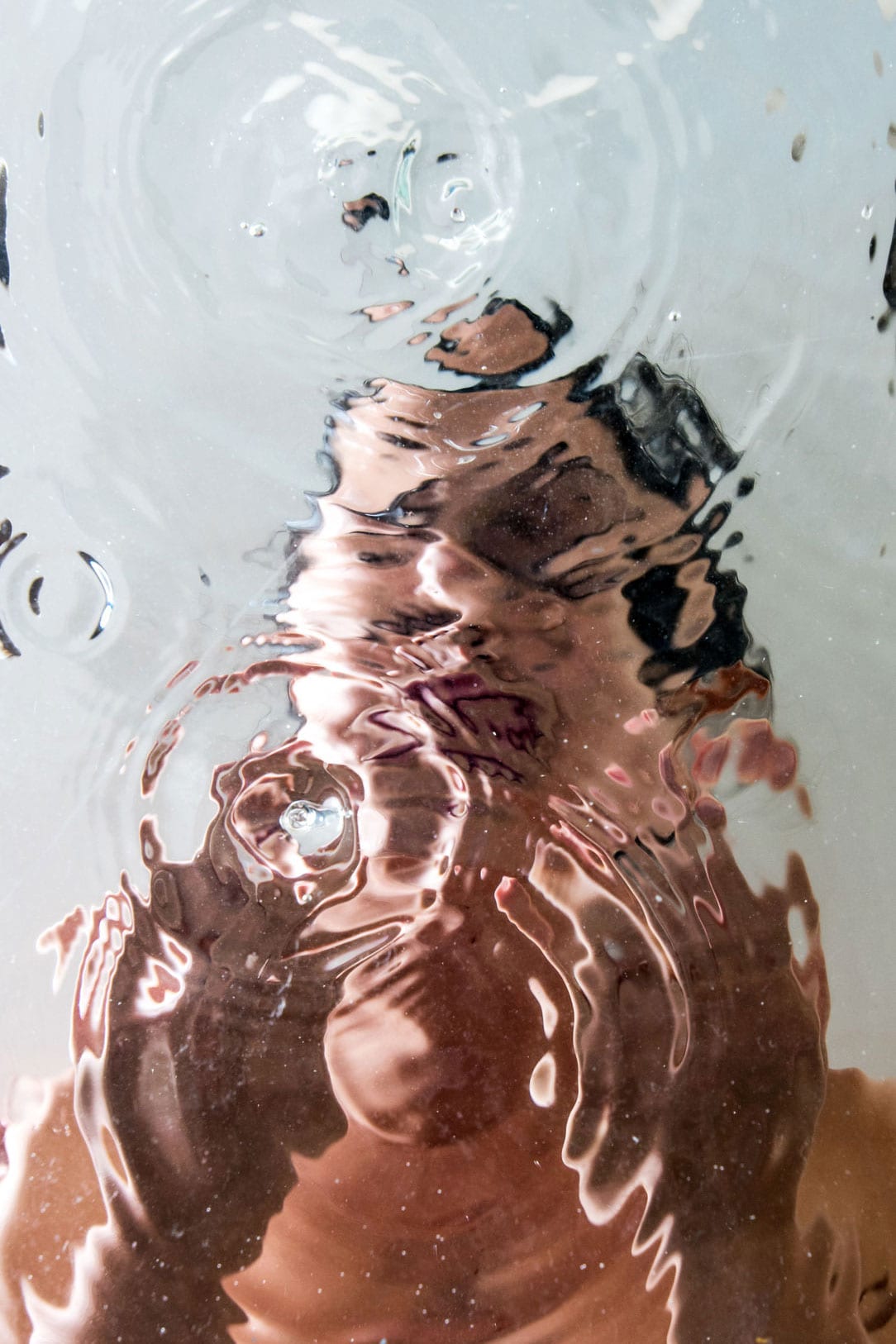
Finding a cleanser that effectively removes dirt and pollution without stripping the skin of its essential oils is a challenge many product formulators face. Recognizing this gap in the market, Sunday Riley, an adept formulator, introduced the Ceramic Slip cleanser, a groundbreaking product that achieves the perfect balance. This innovative formulation stands out for its gentle yet efficacious cleansing properties, ensuring thorough removal of impurities without causing irritation. By steering clear of harsh sulfates and incorporating gentle clays alongside baby-safe soaps, Sunday Riley’s Ceramic Slip offers a soothing solution that respects the skin’s natural barrier, embodying a gentle approach to skincare that many have long been seeking.
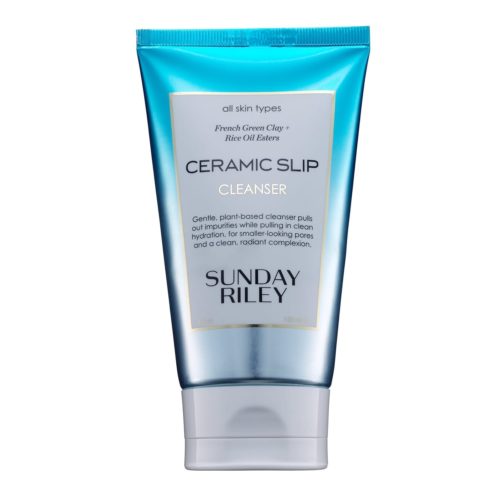
“When you formulate a product, the world is your oyster. You can create anything you want to create. But the way that I like to do it is I like everything to be powered by science and then balanced by botanicals because that, for me, is the whole 360 health of the skin,” explains Riley. “I‘m obsessed with cleansing. I am, and it’s like the unsung hero, right? So the thing is, we all have to clean our skin, and a double cleanse is phenomenal.”
Double cleansing is “the backbone of many skin care regimens, especially Korean beauty routines,” Marchbein says.
Double-cleansing works exactly how it sounds: instead of picking one type of cleanser over another, double-cleansing uses one after another. “The first cleanse cleans the products off the skin,” Talakoub says, while “the second cleanse actually cleanses the skin itself.”
STEP 1
First, you would take Blue Moon Clean Rinse Cleansing Balm. You scoop it up, and you warm it in your hand. It’s a hydrating balm that removes makeup and impurities with a sugar-based cleanser while calming and soothing dry skin. ‘This hybrid balm-to-oil formulation effortlessly shifts to a milk-like consistency upon application, ensuring deep cleansing without leaving any oily residue behind. It melts away all that makeup, that stubborn makeup, maybe stubborn eyeliner you might have or eyelash glue. What sets Blue Moon apart is its incorporation of sugar particles, which gently exfoliate the skin, removing impurities and unveiling a smoother complexion,” adds Riley.
Recognizing the common pitfall of cleansing balms that leave an unwanted greasy film, Sunday Riley was inspired to craft a product that not only cleanses and calms but also leaves the skin feeling clean, comfortable, and refreshed without any oily after-feel. It can also be used as a soothing mask, offering a gentle yet effective solution for those seeking a nourishing skincare routine. Therapeutic essential oils of Blue Tansy and German chamomile help to calm the look of irritated, dry, flaky skin, while tangerine oil helps improve clarity. With a softening base of organic cocoa, moringa butters, and enriched with essential oils of vanilla and sweet orange to relax the mind and create a sense of balance, this melting cleansing balm gives skin a tranquil, pure, and healthy cleanse.
The idea of using a balm-to-oil cleanser to degrease your skin at the end of the day seems contradictory. Excess oil is what you are trying to remove, after all. Surprisingly, that is exactly what these cleansers do, according to the pros. “Oil cleansers work by the principle of oil attracting oil,” says Shari Marchbein, M.D., a board-certified dermatologist and clinical assistant professor of dermatology at New York University.
Because makeup and sebum — the waxy substance produced by your skin that can cause acne if it builds up — are both oil-based, oil cleansers break them down and lift the impurities, allowing you to wipe them away. (As opposed to operating like a water-based cleanser and simply scrubbing everything off your skin.) But just because they are gentle does not mean oil-based formulas are not still powerful cleansers. “Oil-based cleansers are excellent at dissolving makeup,” Marchbein says, so if you tend to wear foundation or heavy makeup, using an oil-based cleanser can help you get the best clean.
STEP 2
Formulated as a universal, foaming cleanser for even the most sensitive skin, Ceramic Slip leaves all skin types softer, cleaner, balanced, and radiant. Extremely gentle, this deep cleaning cleanser can be used daily, morning and night, for a healthier-looking complexion.
‘Think of it as if you’re using a really good detox face mask along with your cleanser. Imagine the clay (I used Green Clay, Bentonite, and White Kaolin) diving deep into your skin to pull out all the stuff you definitely don’t want, kind of like how a super face mask works. But then, it doesn’t stop there. It brings in some goodies, like rice and olive oil esters, to pump hydration right back into your skin. So, it’s like you’re using a magnet: yanking out the bad stuff but also making sure the good stuff, like serious hydration, gets back in. You don’t want to strip your skin bare. We’re aiming to get rid of all the gunk — pollution, dirt, makeup, sunscreen, you name it — without leaving your skin dry as a desert. We don’t want to over-dry your skin,” Sunday says.
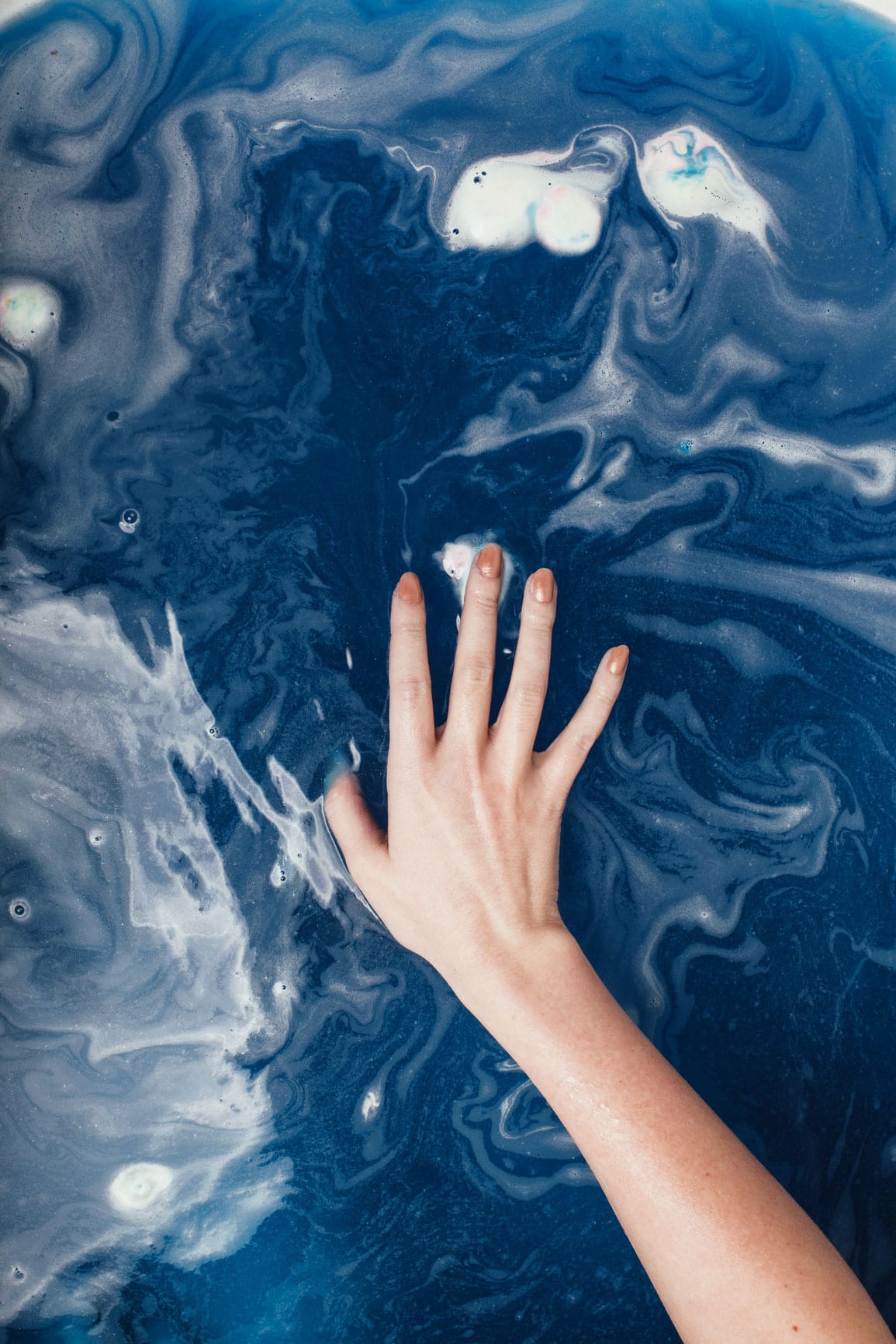
“Clay cleansers are great for those with oily skin or anyone who feels they have clogged pores,” says Marchbein. Like an oil-based cleanser, these formulas are gentle on the skin. But like water cleansers, they leave you with that feeling that every pore has been scrubbed clean. Formulated with mineral-rich clays, “clay cleansers can help draw impurities, bacteria, oil and sebum out of pores,” Marchbein says. Sebum, especially, is what contributes to clogged pores. “It’s the stuff that comes out when we squeeze our pores,” Marchbein says. Clay cleansers are like magnets for sebum. “They not only deeply clean but can gently exfoliate the skin as well,” says Marchbein.
Which type of cleanser is best for your skin?
If you are wary of putting oil onto your skin but do not want to risk water-based cleansers being too harsh, clay and sugar-based cleansers can be a good middle ground. You can also use both Blue Moon and Ceramic Slip as a face mask. “If you want to leave this on for 2 to 10 minutes, try it. Blue Moon works as a hydrating mask; people leave it on when they’re in the bathtub. You can also mix Ceramic Slip with Good Genes for a flash-fix facial. Mix equal parts, blend together, and apply to clean skin as a mask. Rinse with water after 10 minutes. Follow with your favorite Sunday Riley treatment and moisturizer,” suggests Sunday. One more tip: mix Pink Drink to balance the skin microbiome after you cleanse your skin. It can be misted directly on the face or sprayed into the palm of the hand and patted onto the skin. “Peptides in Pink Drink help firm the skin, while fermented honey and botanical extracts balance the skin’s natural microbiome and resurface the skin,” explains Riley.
“I do not typically recommend an oil cleanser for those with acne,” Marchbein says. “As someone who battles adult female acne, I always use a gentle or even an ultra-gentle cleanser to remove my makeup and avoid oil-based cleansers for myself.”
When it comes to finding the right cleanser, it can take some trial and error to figure out what works best for your skin type. With that said, it’s well worth exploring the options since a cleanser is the foundation of your skincare routine. Finally, you can always get a professional opinion on which product would be best for signing up for our free virtual consultation.
We only recommend products we have independently researched, tested, and loved. If you purchase a product found through our links, Sunday Edit may earn an affiliate commission.
